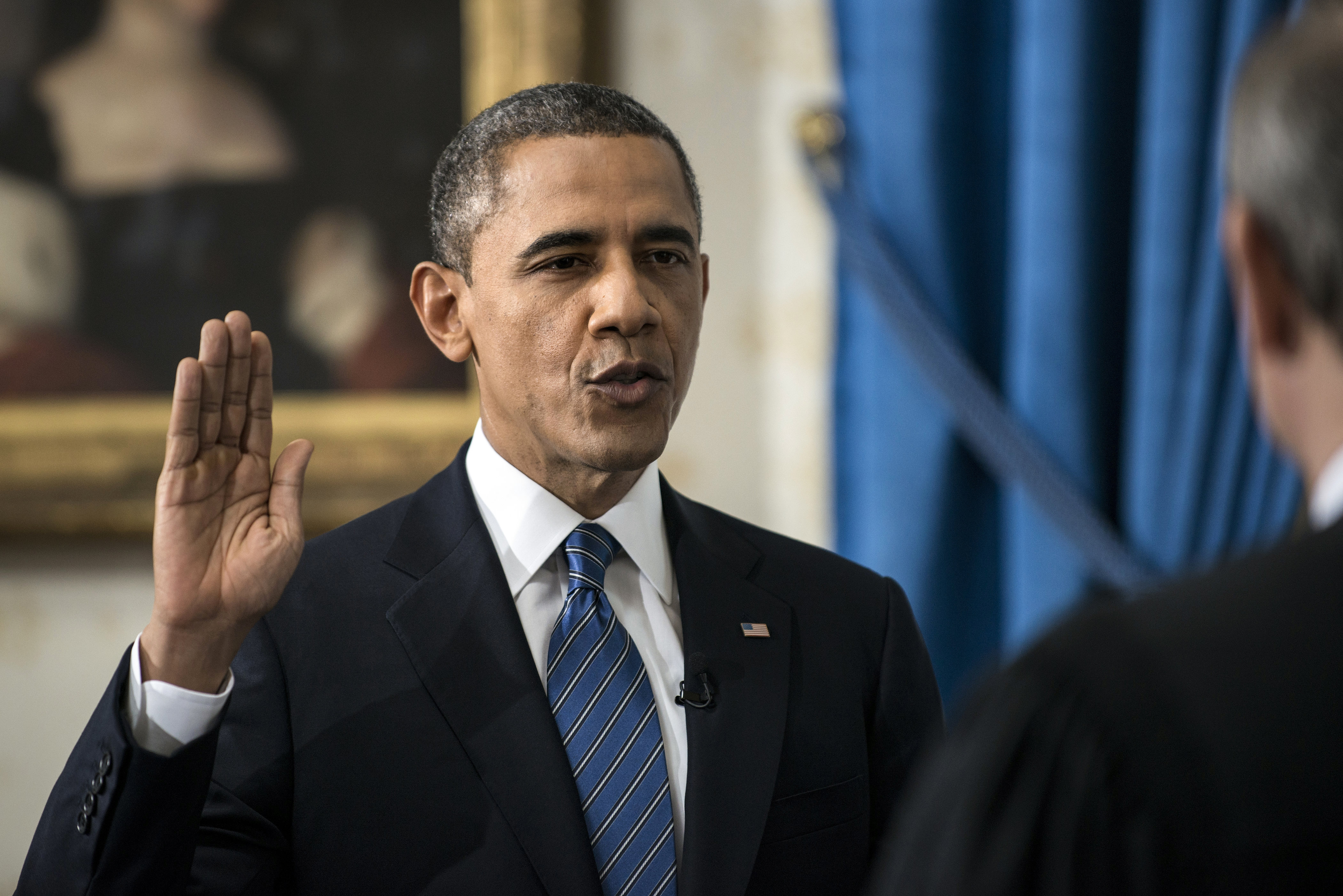
Dear President Obama,
On behalf of the Enough Project, we write to congratulate you on your reelection and on your State of the Union address. We applaud the important steps that you took during your first term to address mass atrocities and appreciate the commitment that you made during the State of the Union address to maintain pressure on the Syrian regime, to stand with citizens in the Middle East as they demand their universal rights, and to support stable transitions to democracy.
Some of the world’s deadliest and most protracted conflicts, however, will require your administration’s immediate attention. Please find below specific policy recommendations for Congo, the Sudans, and the Lord’s Resistance Army.
The Democratic Republic of the Congo
The decades-long conflict in eastern Congo escalated in 2012 and is again crippling the region. To break the cycle of violence, we urge you to appoint a Presidential Special Envoy to support a comprehensive United Nations-led peace process, and to buttress that process by initiating a responsible investment conference on clean minerals exports from the region. Coupled with increased international investment in the region, the demilitarization of the natural resources trade is essential for peace, as well as for local and state revenues, which could lead to improved infrastructure, higher local living standards, and economic diversification in eastern Congo—all necessary components for more effective state institutions.
The unsuccessful talks between Congo and the M23 rebel group, which is supported by Rwanda and Uganda, are a clear example of the need for a broadened peace process. The United Nations-proposed 11+1 peace framework has promise as a vehicle for a comprehensive peace initiative that would include regional talks and an inclusive Congolese national dialogue to address governance issues. Both the regional process and the national dialogue will require impartial facilitation, as well as the participation of women and local civil society leaders. Influential governments must ensure that the international community plays an active role in supporting these efforts. In addition, a package of carefully chosen carrots and sticks will be needed to nudge recalcitrant actors to participate constructively.

